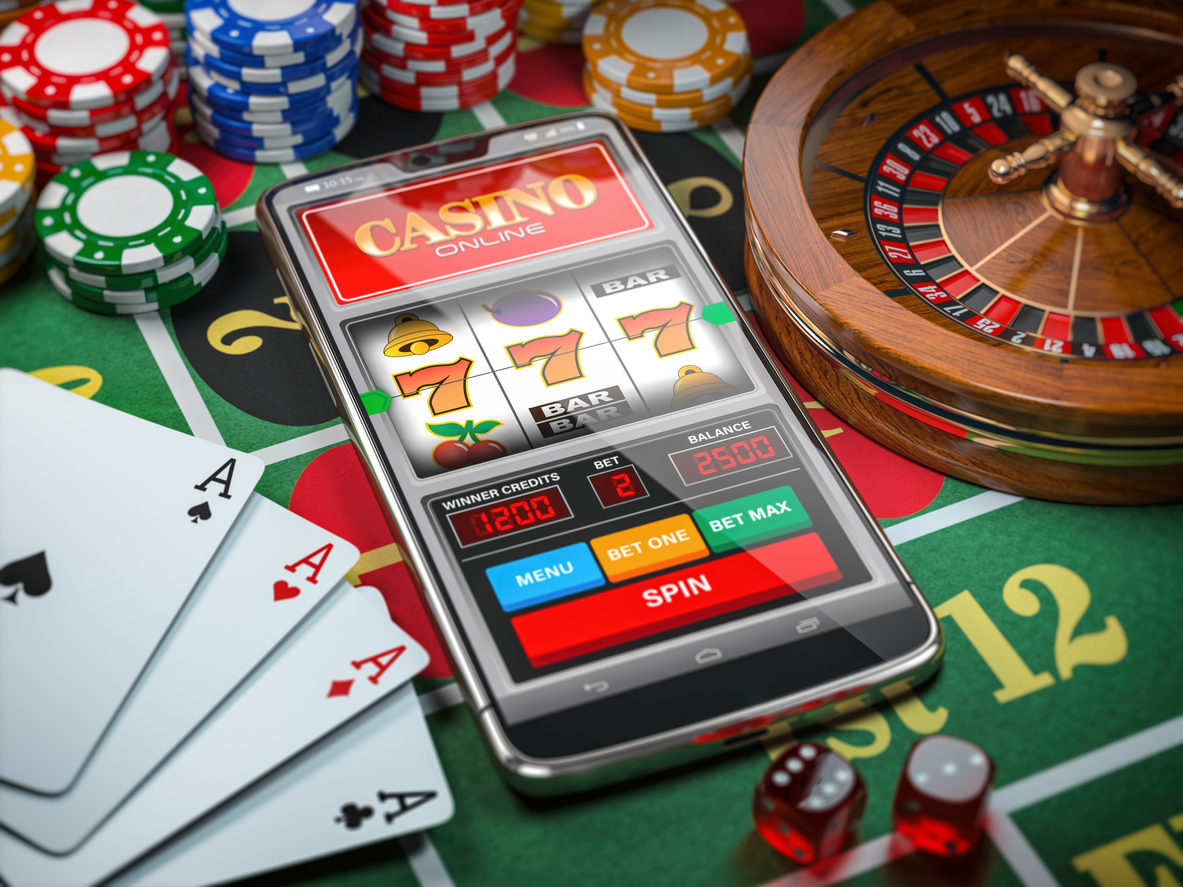
Casino games have long been an integral part of human culture, delivering not just entertainment but a captivating reflection of our dreams, wishes, and fears. From the spinning reels of a slot machine to the strategic gameplay of poker, these games encapsulate a range of human feelings and incidents. At their core, casino games are more than a chance to earn cash; they are a reflection of life itself, where risk versus reward merge and fortunes can change in an moment.
As players convene around tables or sit in front of brightly lit machines, they participate in a ritual that transcends mere gambling. These games echo our natural desires for social interaction, thrill, and the quest for chance. They also unveil deeper truths about human psychology, such as our relationship with luck and the thrill of risk. In exploring casino games, we reveal not only the rules of play but also the rich tapestry of the human experience, showcasing our woven narratives of aspiration and reality.
The Mind Behind Gambling
Wagering is deeply rooted in the psyche of individuals, appealing to various emotions and wants. The thrill of taking risks is a core aspect that draws players in, be it it’s excitement of spinning a roulette wheel or the excitement of drawing a winning card in poker. This adrenaline is often compared to other forms of excitement, as the unpredictability of outcomes triggers a unique psychological response. Gamblers often become captivated by the chance of winning big, leading to an almost magnetic draw toward gambling games.
Another, a crucial component of the psychology behind gambling is the concept of optimism and aspiration. Participants often nourish dreams of financial freedom and the opulent lifestyle that can follow winning. This hope fuels their continued participation in casino games, as it provides a sense of meaning and the conviction that a life-changing win could be just one bet away. The narrative of overcoming odds and achieving success resonates with many, strengthening their dedication to play and engage with these games.
Finally, social aspects play a significant role in gambling psychology. Casino environments are designed to foster social interaction, where gamblers gather to share the journey of wins and losses. https://j88mi.com This communal aspect not only amplifies enjoyment but also affects behavior, as individuals often mimic the actions of others in their vicinity. The collective approval found in mutual thrill can enhance the emotional experience, making casino games a reflection of not just personal desires but also shared involvement within the gambling community.
### Risk and Reward: A Double-Edged Sword
Gambling activities embody the delicate balance between danger and gain that resonates deeply with human psychology. The thrill of placing a wager is often accompanied by a rush of adrenaline, as gamblers are confronted with the prospect of striking it rich, yet cognizant of the risk to lose. This dual experience reflects a fundamental aspect of life: the decisions we face often come with intrinsic risks, and the chase for gain can compel us to make risky moves we might not typically consider. In this way, casino games reflect real-world decisions, enticing gamblers to risk not just their funds, but also their aspirations.
The allure of big prizes and winnings fuels a feeling of positivity, inspiring players to envision a brighter future that could emerge from a single victorious spin of the roulette or flip of a card. This optimism can drive individuals to engage in greater risks, encouraging them to extend their limits in search of financial gain. However, just as in life, the consequences of these decisions can lead to both victory and loss. The narratives of both jackpot winners and those who have suffered everything at the tables demonstrate the unpredictable nature of chance and its impactful repercussions on our futures.
Ultimately, the experience of engaging with casino games serves as a potent reminder of the human condition. Every session played is loaded with the tension of risk, as gamblers weigh the rewards against the risks. This balance not only highlights the thrill that comes with gambling but also exposes the vulnerabilities that come with the urge for more. As we explore the challenges of choice and consequence in both the casino and in life, we find that the quest for gain shapes our character and lives in profound ways.
Community and Loneliness in Casino Environment
Gambling culture is a unique blend of communal engagement and personal endeavor, reflecting the contrasts of human experience. Players often come together around games, experiencing in the excitement of the action, rejoicing in wins, and sympathizing over losses. This communal aspect is essential, as it fosters a sense of community and camaraderie among diverse groups of people. Regular visitors to casinos may form friendships and develop routines, turning the casino into a alternative home where they feel connected to a greater community of players.
However, the allure of gambling games can also lead to loneliness. As players become engrossed in the thrill of playing, they may withdraw from personal connections or neglect to engage with the world outside the gaming space. For some, the pursuit of a windfall can distract from genuine relationships, leading to loneliness. The experience of being surrounded people yet feeling solitary is not uncommon, as the attention shifts from collective fun to the individual stakes of each player’s path.
This interplay of community and solitude creates a vivid mosaic that defines gaming culture. It highlights the complexity of social interactions, where happiness and despair coexist. Gambling venues serve as both a sanctuary for social engagement and a platform for individual struggles, demonstrating how intimately entwined our desire for companionship and the personal quest for wealth can be. In navigating this environment, gamblers confront their own narratives—seeking both the rush of the wager and the fellowship of fellow gamblers, ultimately reflecting the wider spectrum of individual experience.
